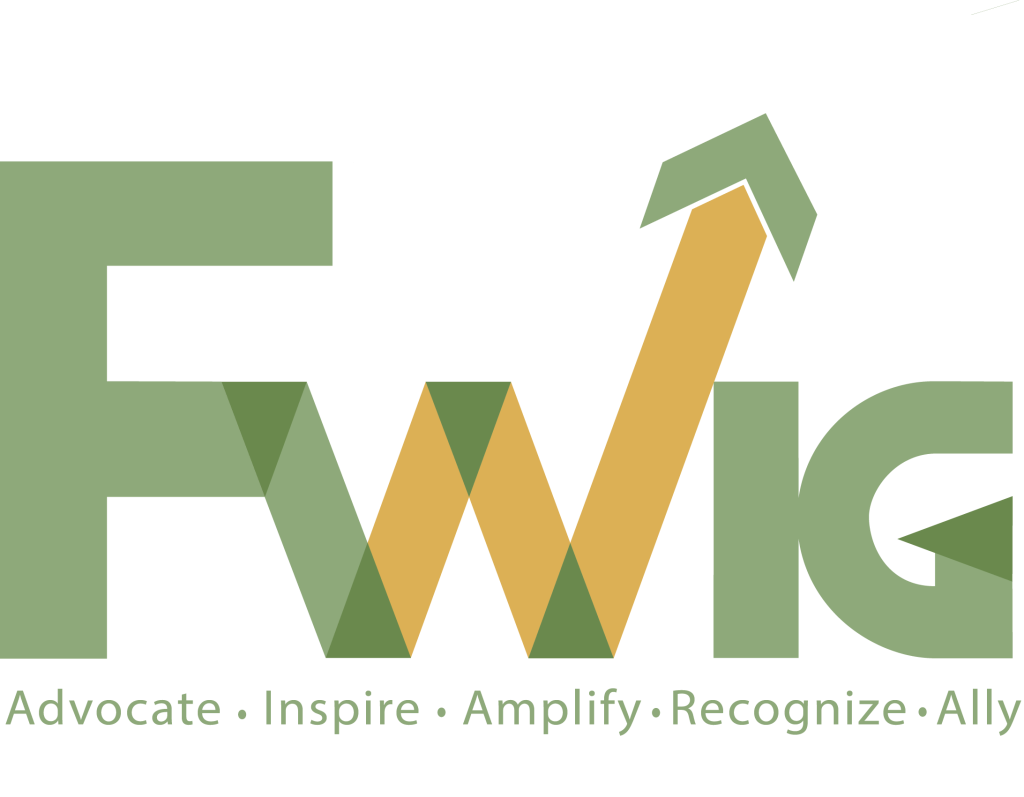
THE Liberation Libraries: are a project of the Faculty Women’s Interest group, or FWIG. Learn more about FWIG through the Association of Collegiate Schools of Planning (ACSP) website.
What are the liberation libraries?
Liberate your syllabi and reference lists: To support faculty and researchers’ efforts to decolonize their syllabi and reference lists, FWIG has assembled vetted literature libraries with relevant content in three anti-oppressive thought traditions:
- Feminist Planning
- Anti-colonial Planning
- Anti-Racist Planning
These libraries have been cross referenced to make them more user friendly. Explore the libraries by core planning course, or by research and practice topic.
How can I use or contribute to the Liberation Libraries?
Access articles: Follow the links below to connect with our Zotero libraries, free to download. New to Zotero? Watch the Liberation Library tutorial video.
Access shared syllabi: FWIG members have generously shared syllabi that have integrated both anti-racist, anti-colonial, and feminist content and praxis. They can be accessed through this open Google Docs folder.
Submit: This is a living, ongoing project. If you would like to submit an article that we should add to the library, please use this google form. To share a syllabus, click here.
Donate: Help us maintain this collective resource by donating through ACSP.
Explore libraries by analytical perspective:
Explore the feminist, anti-racist, and anti-colonial liberation libraries without cross-referencing by subject material.
Explore by core course:
The three liberation libraries have been cross-referenced for convenience. Click on the links below to access Zotero libraries relevant to different core planning courses.

Including non-traditional histories intersecting the field of social work and social movements.

Including literature exploring planning praxis, with specific applications in cross referenced planning sub-disciplines.
Explore by research area:
The three liberation libraries have been cross-referenced for convenience. Click on the links below to access Zotero libraries relevant to different research and practice sub-disciplines.

Including literature tied to feminist discussions of social reproduction, and food justice.

Including literature tied to climate change, sustainability, and critical human geography.

Including literature addressing the context of community development practice.

Including topics tied to gender and access to economic opportunities, as well as critiques of economic development strategies and neoliberalism.
We are grateful to the Association of Collegiate Schools of planning (ACSP) for initial funding for database development, as well as member donations that have supported web development.
The liberation libraries were developed by: Dani Slabaugh, MLA (website development, Zotero database, and reference database), Betsy Sweet, PhD (advising the initial list of references and syllabi), and Heather MacLean, PhD (collection of the initial reference list and syllabi).





